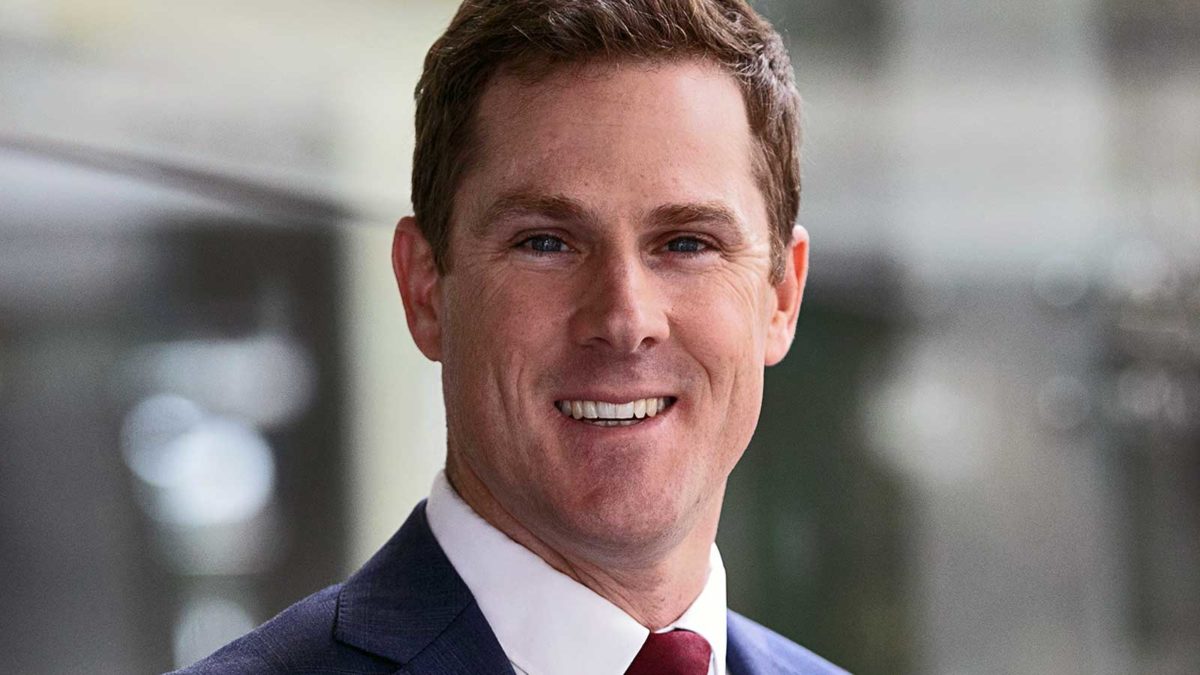FSC sees petty politics in proxy fight
The Financial Services Council (FSC) fought to keep its submission on the proposed proxy advice reforms confidential for fear it would “play out in the media”.
The FSC’s submission to Treasury on its proposed proxy advice reforms has been kept confidential despite a freedom of information request for its release, with the FSC concerned that it would be drawn into the industry pit-fight that has raged since the announcement of the reforms.
“The FSC just didn’t want to have a dog in that fight,” Blake Briggs, FSC deputy CEO, told the standing committee on economics’ inquiry into common ownership on Monday (October 11). “I think it’s quite clear that this debate around proxy voting is a political one; it’s not one that the FSC felt a need to participate in on either side of that politics equation. And so the FSC asked for our submission to be treated as confidential.”
Treasury refused the freedom of information request for the submission on the grounds that it would expose the FSC to “potential public ridicule or criticism” or be “used by its competitors to the organisation’s detriment” – though the FSC did not stipulate those reasons in its request for confidentiality. Briggs disagreed with committee member Andrew Leigh’s characterisation of the submission as “secret”, saying that it was “loaded term” while agreeing to furnish the committee with the report.
“We wanted to provide a policy view, which we did, to Treasury… but the main reason for keeping it confidential is that we didn’t want it to play out in the media,” Briggs said.
The inquiry into common ownership has also become something of a referendum on the power of influence of proxy advisers in the absence of progress on the reforms, with committee chair Tim Wilson warning that common ownership “when operating collaboratively through proxy advisers amounted to, in some cases, up to 30 per cent.” Wilson was notably absent from Monday’s proceedings following his appointment to the frontbench in a leadership reshuffle that elevated him to the role of assistant minister for industry, energy and emissions reduction (doubtless many in the superannuation industry will breathe a sigh of relief).
The problem with proposed proxy advice reforms – and likely one of the reasons the FSC kept its submission confidential – is that they’ve failed to identify any harm posed by proxy advisers. Indeed, the reforms have been met with criticism approaching ridicule from industry stakeholders and commentators, who have perceive a political bent of the reforms in their targeting of industry super funds.
Proxy advisers have also disagreed with their characterisation as shadowy organisations capable of bending company directors to their will, with Ownership Matters director Dean Paatsch telling the committee “We’re not some sort of socialist sleeper cell trying to knock off people for political purposes.”
“Proxy adviser influence is overstated,” Paatsch said. “More directors have died in office than have been removed by a shareholder vote in the last 15 years.”
Paatsch noted that being an Australian company director was the “safest electoral office on the globe” and that the lack of forced director turnover through AGM votes (which Ownership Matters has recommended to its clients) suggests that the theory of harm through common ownership is one for which evidence is lacking.
“We can’t magically hypnotise people to act against their own best interests,” Paatsch said.
“And believe me, our clients – love them to death – are very motivated by economic interest…. Director re-elections is a classic.”
“We’ve recommended against hundreds and hundreds of directors in the last ten years. There’s been close to 8000 resolutions. The average incumbent non-executive director gets 96.2 per cent of our votes. So a lot of our clients are ignoring us on director re-elections.”











